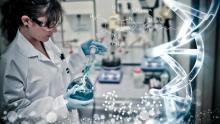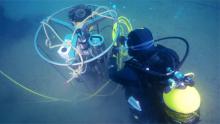New techniques help decrease the risk of developing age-related eye disease

With life expectancy on the rise, more and more people are at risk of developing age-related eye diseases that could cause blindness. The key to treating and managing such diseases is to understand the risk factors involved. To help, one EU-funded project has developed tools that predict not only how likely a person is to develop eye diseases but also what can be done to lower this risk.









